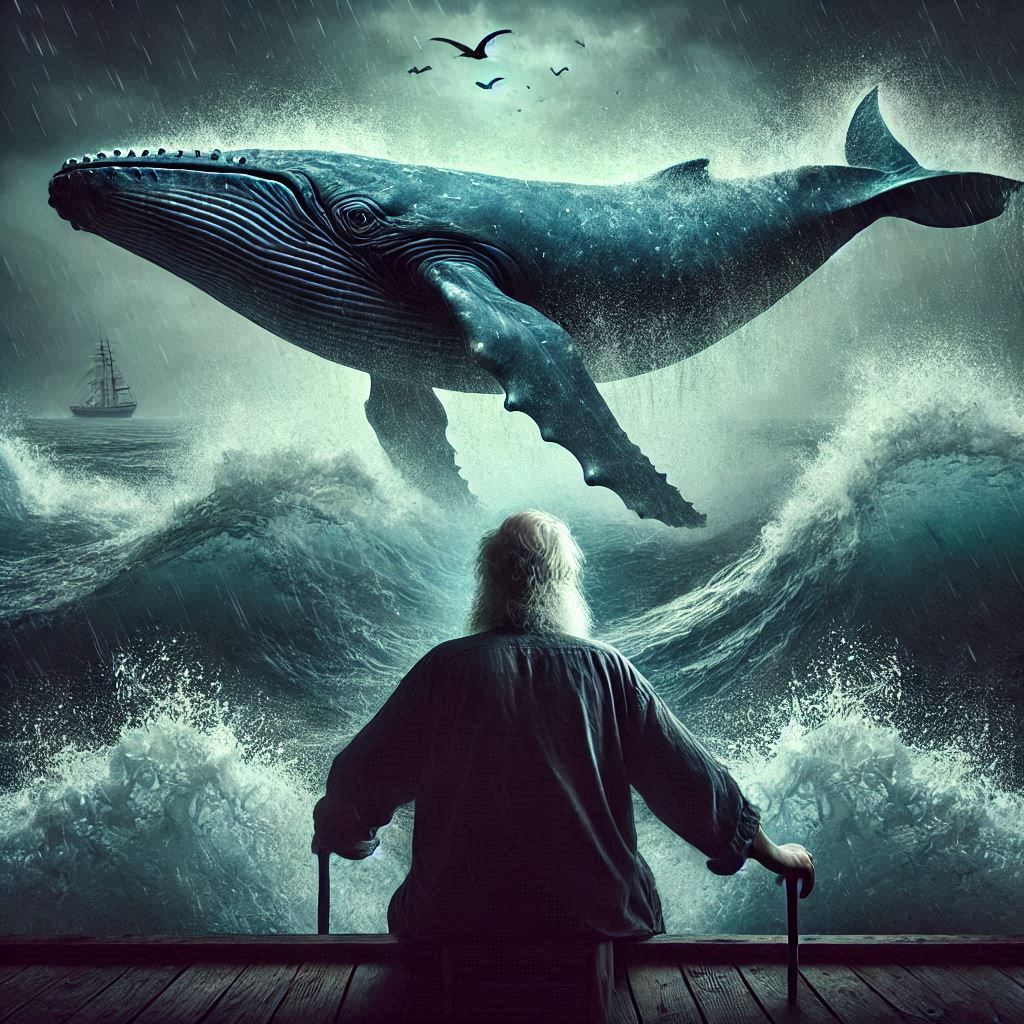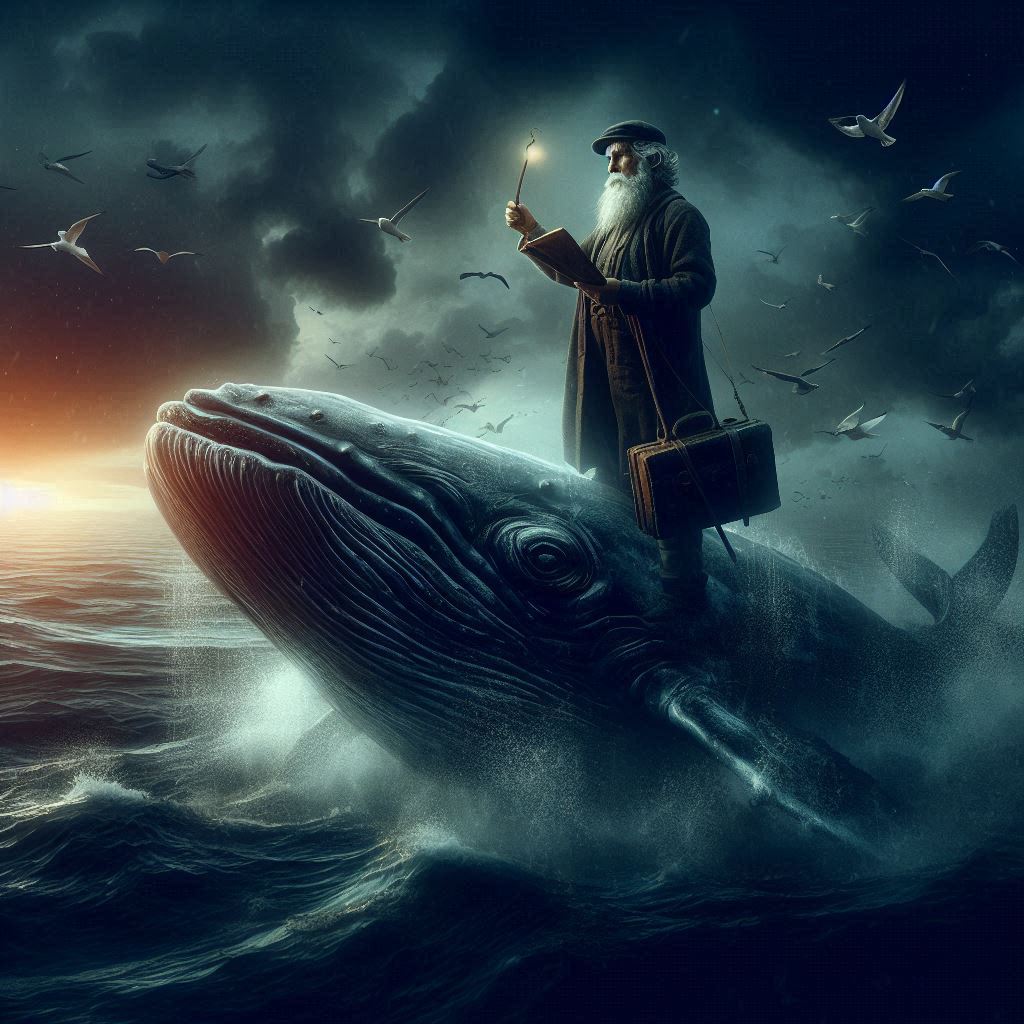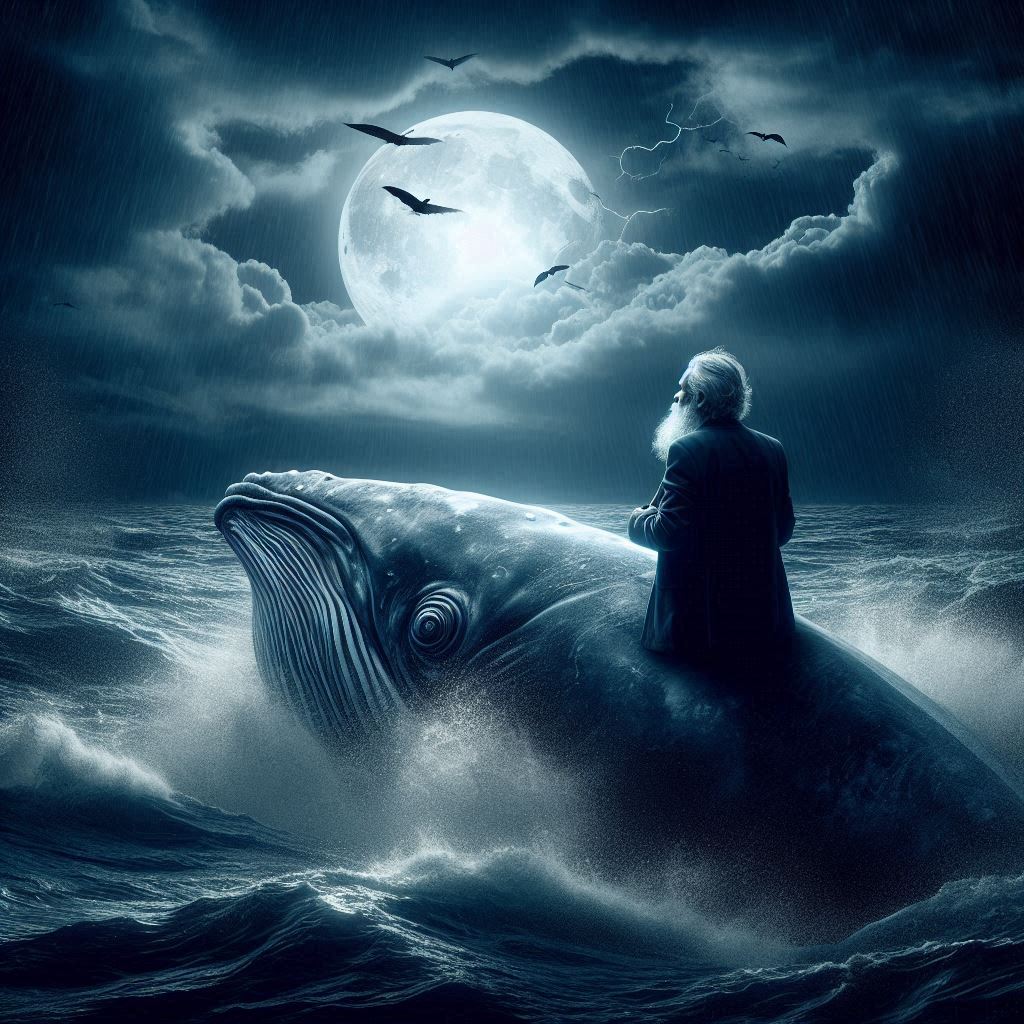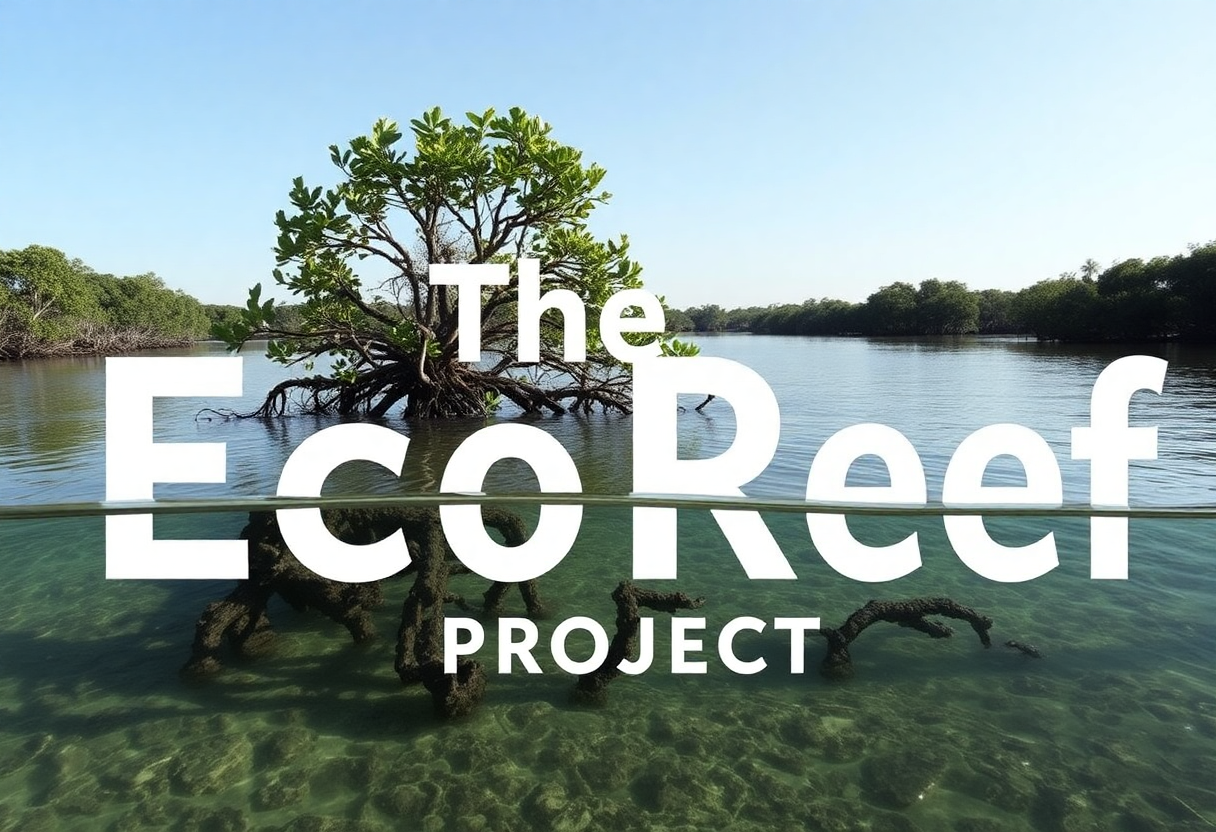Paul Watson – Environmental Crusader Who Should Be Free In 2025 Or Controversial Figure?

The Man Who Started The Story
Paul Watson
Paul Watson’s impact on environmental society and culture is undeniable. His efforts have raised awareness about the plight of marine wildlife and inspired many to take action. The Sea Shepherd Conservation Society’s campaigns have been featured in documentaries like “Whale Wars,” bringing the issue of marine conservation to a wider audience. Watson’s work has also sparked discussions about the ethics of direct action and the lengths one should go to protect the environment. Regardless of one’s stance, it is clear that Watson has made a significant impact on environmental society and culture, leaving a lasting legacy that continues to influence the fight for marine conservation.
Disclaimer
Please note that this article is for informational and discussion purposes only. We have no affiliation or connection to Paul Watson, the Sea Shepherd Conservation Society, or any individuals or organizations mentioned in this post.
Where it started
Paul Watson, born on December 2, 1950, in Toronto, Ontario, Canada, is a name that evokes strong opinions. As the founder of the Sea Shepherd Conservation Society in 1977, Watson has been a prominent figure in the fight to protect marine wildlife. His methods, however, have sparked debates about whether he is a hero or a villain.
Early Life and Inspirations
Paul Watson displayed a deep commitment to wildlife protection from a young age. As a child, he would disrupt hunters by destroying traps and interfering with hunting activities. This early passion for conservation set the stage for his future endeavors.

The Change
Founding Greenpeace and Sea Shepherd
Watson’s dedication to marine life led him to join the Canadian Coast Guard and gain extensive sailing experience. He became one of the co-founders of Greenpeace in the early 1970s, where he employed daring tactics to defend wildlife. However, his aggressive methods eventually led to conflicts within Greenpeace, prompting him to establish the Sea Shepherd Conservation Society in 1977. Sea Shepherd is known for its direct-action approach to protecting marine wildlife, including positioning ships between whales and whalers, entangling propellers, and ramming into whaling vessels.
Impact on Marine Conservation
Watson’s actions have had a significant impact on marine conservation. His efforts have raised global awareness about the threats facing marine wildlife, including illegal whaling, overfishing, and habitat destruction. Sea Shepherd’s campaigns have led to numerous successful interventions, protecting countless marine animals and disrupting illegal activities. Watson’s work has inspired many individuals and organizations to join the fight for marine conservation.
Media Presence and Public Perception
Paul Watson’s work has been widely covered in the media, most notably through the documentary series “Whale Wars.” The show brought Sea Shepherd’s campaigns to a global audience, highlighting the challenges and dangers faced by the organization. Watson’s media presence has helped to raise awareness about marine conservation issues, but it has also fueled the debate about his methods. Some view him as a hero for his unwavering dedication, while others see him as a controversial figure due to his aggressive tactics.

Legal Challenges and Controversies
Watson’s actions have not been without legal consequences. He has faced numerous legal challenges, including arrests and warrants from various countries. His confrontational methods have also led to criticism from some environmental groups and governments, who argue that his tactics are too extreme. Despite these controversies, Watson remains committed to his cause and continues to advocate for marine conservation.
His Support
World Figures Who Have Supported Him
Paul Watson has garnered support from lots of people including several prominent figures around the world. Actor Pierce Brosnan has been a vocal supporter, using his platform to raise awareness and call for Watson’s release from detention. French President Emmanuel Macron has also shown his support, pressing Danish authorities not to extradite Watson to Japan. British conservationist Jane Goodall has urged for Watson to be granted political asylum in France. Recently, American actor Martin Sheen called on the Danish government to release Watson, highlighting the importance of activists like Watson for our ailing planet.
Future Prospects and Legacy
In 2025, Paul Watson is set to receive The Perfect World Foundation’s Honorary Conservation Award, recognizing his significant contributions to marine conservation. Despite being imprisoned in Greenland for his actions against illegal whaling, Watson’s dedication has not wavered. His legacy continues to inspire future generations of environmental activists, and his work remains a cornerstone of the global conservation movement.
Hero or Villain?
The question of whether Paul Watson is a hero or a villain is a complex one. His dedication to marine conservation is unquestionable, and his efforts have saved countless marine animals. However, his controversial methods have led to divided opinions. While some admire his bravery and commitment, others criticize his aggressive tactics. Ultimately, Paul Watson’s legacy is a multifaceted one, reflecting both the successes and controversies of his career.

The Balance Of Paul Watson
Right and Wrong
Paul Watson’s journey in marine conservation has been marked by both commendable achievements and controversial actions.
What He Has Done Right & Changed The World
Raising Global Awareness
Watson has successfully brought attention to the critical issues facing marine wildlife. Through his campaigns and media presence, he has educated millions about the threats of illegal whaling, overfishing, and habitat destruction.
Successful Interventions
Sea Shepherd’s direct-action approach has led to numerous successful interventions. By disrupting illegal activities and protecting marine animals, Watson and his team have made a tangible difference in the fight to conserve marine life.
Inspiring Future Generations
Watson’s unwavering dedication to marine conservation has inspired countless individuals and organizations to join the cause. His bold actions and passionate advocacy have motivated a new generation of environmental activists.
Innovative Conservation Techniques
Watson has pioneered innovative methods to protect marine wildlife. From using ships to block whaling vessels to employing non-violent direct action, he has introduced creative strategies that have proven effective in many instances.
Bringing Legal and Policy Changes
Watson’s efforts have contributed to legal and policy changes aimed at protecting marine life. His advocacy has pressured governments and international organizations to take stronger measures against illegal whaling and other harmful practices.

What He Has Done Wrong (This Is A Gray Area)
Aggressive Tactics
Watson’s confrontational methods have drawn criticism from some quarters. His willingness to ram ships, damage property, and engage in physical confrontations has been viewed as extreme and potentially dangerous.
Legal Consequences
Watson’s actions have resulted in numerous legal challenges. He has faced arrests, warrants, and legal battles in various countries, which have sometimes overshadowed the broader goals of marine conservation.
Divisive Opinions
Watson’s approach has created divisions within the environmental movement. While some admire his courage and determination, others believe his tactics alienate potential allies and undermine the legitimacy of conservation efforts.
Ethical Concerns
Critics argue that Watson’s methods raise ethical questions about the use of direct action and violence in conservation. Some believe that his aggressive tactics compromise the principles of non-violence and respect for all forms of life.
Strained Relationships
Watson’s uncompromising stance has led to strained relationships with other environmental groups and governments. These tensions have sometimes hindered collaboration and collective efforts to address marine conservation issues.
Conclusion
Paul Watson’s impact on environmental society and culture is undeniable. His efforts have raised awareness about the plight of marine wildlife and inspired many to take action. The Sea Shepherd Conservation Society’s campaigns have been featured in documentaries like “Whale Wars,” bringing the issue of marine conservation to a wider audience. Watson’s work has also sparked discussions about the ethics of direct action and the lengths one should go to protect the environment. Regardless of one’s stance, it is clear that Watson has made a significant impact on environmental society and culture, leaving a lasting legacy that continues to influence the fight for marine conservation.
Join the Discussion
Paul Watson’s approach to marine conservation has sparked diverse opinions worldwide. Is he a relentless hero committed to saving marine life, or do his aggressive tactics make him a controversial figure?
Do you believe Paul Watson’s direct-action methods are justified in the fight to protect marine wildlife?
What are your views on the ethical implications of his aggressive tactics?
How do you think his legacy will influence future generations of environmental activists?
What impact has Watson’s work had on your perspective of marine conservation?
#PaulWatson #SeaShepherd #MarineConservation #EcoWarrior #WhaleWars #OceanProtection #SaveOurSeas #WildlifeConservation #EnvironmentalHero #Activism #EcoDefense #MarineWildlife #OceanDefender #EcoWarrior #SaveTheWhales #EcoRevolution #EnvironmentalJustice #ConservationHeroes #ProtectThePlanet #MarineLife #GreenWarrior #EcoActivist #SeaShepherdSociety #EcoLegend #MarineGuardian #DefendOurOceans #WildlifeWarrior #MarineRescue #OceanHeroes #EnvironmentalImpact
